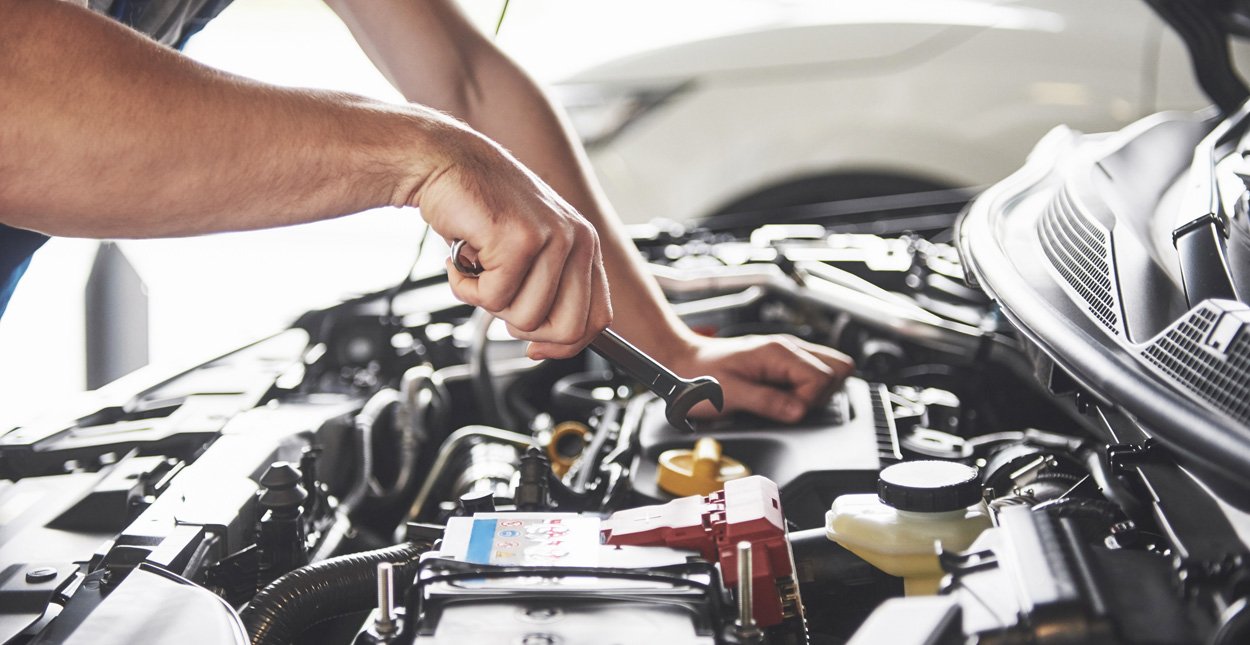Car Giving You Trouble? Check Out These Tips
It is sometimes hard to see the light when your automobile breaks down. No one wants to face car repairs, whether you are handy enough to do them on your own or have to get someone to do them for you. It all costs money, and you need to keep reading to learn how you can better handle auto repairs.
South Highpoint Windshield Replacement FL
To save a trip to the auto repair shop, you should take a look at your owner's manual. Here, you may find hints or perhaps answers to questions you may have about your vehicle. It can be quite helpful to know the size of your engine or its configuration, which is usually found in the manual.
Remember that getting OEM parts is important. Those are the original parts from the manufacturer. Although using generic parts may provide some short-term savings, it's impossible to know whether or not they'll hold up as well as OEM parts. It may seem like you are getting a deal now, but it may end up costing you a lot in the future.
Make sure your auto technician is qualified to work on your specific car. Motor vehicles are complex machines and each brand has unique characteristics. Some brands require special tools, parts, and procedures. Many standard auto technicians either lack these items or don;t have them easily available. Without these items, they can't fix your vehicle.
Do not neglect your wiper blades. If they're not working properly of leave streaks, you might need new wipers. They should be replaced yearly or more frequently if you drive in a rainy locale.
You can easily fix scratches yourself. You will need to fill the scratch with a primer that corresponds to the colors of your car, apply some paint once the primer is dry and sand the entire area. Start with a fine sand paper and increase the grain progressively before waxing.
A dent or scratch in a plastic bumper is very easy to fix. Start by cutting the bits that stick out from the dent until the edges are smooth. You can then use a filler to make the dent disappear. Sand over the area and paint to hide the repair.
Stick with Original Equipment Manufacturer (OEM) components. If your car needs parts, choose OEM parts over generic ones. For optimum performance, you should have the OEM parts that are up to the manufacturer's standards. While generic parts are cheaper, they're generally a lower quality than the original ones. This means that you may pay more later for replacements.
Compare prices among your local auto body repair shops before you decide which on to choose. Even though labor charges are pretty uniform, the amount of time that each shop believes the repair could take could vary, as well as what they will charge you for the parts. Be sure to shop around so that you get the best deal possible.
Watch out for the type of shop that will take off your good tires and put old ones on. They will profit off of your ignorance if they can. Therefore, always put a little chalk on them so you can identify your tires. If there is no chalk when your service is complete, you've been had.
You should always pay attention to the way your car smells. An unpleasant smell is usually caused by a leak or an electrical short. It is best not to drive your car and find a mechanic who can come inspect it to determine what is causing the strong smell.
Keep your car manual in your car. In fact, keep the manual and any other documentation your car may have, including details on past repairs, tune-ups and more. The more data points your auto repair shop has to look into an issue, the better chance that they'll be able to give you a strong idea about what is going on with your car.
Always bleed your brakes if you have been working on them. Pump your brake fluid afterwards. Test it for leaks to ensure that no fluid can run out. You can then get ready to take a test drive in an area with little to no traffic. Drive slowly at first to make sure that the fix is good before you accelerate.
Find out how often you should perform a tune up on your vehicle. You should find this information in your owner's manual. You have probably heard that you need to tune up your vehicle every 100,000 miles but this really depends on the make an model of the vehicle you have.
Do you feel like you can make a better decision now next time your car is in need? If you have been duped in the past, then you are going to be more cautious and choose wisely. You know based on what you've read that you can take care of things right this next time.

